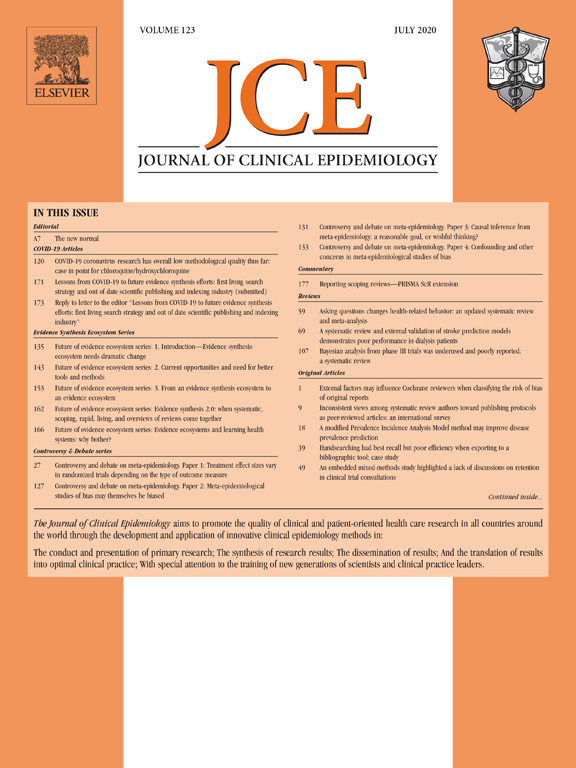
Staff at QED Biomedical Ltd have conducted research to demonstrate how sample bias in patient- derived tumour tissue samples with somatic mutations may affect current clinical research and precision medicine.
The research identified the following limitations:
The review found no guidelines to aid systematic reviewers, clinical researchers, or decision makers in considering, critiquing, and understanding the impact of sample bias produced by tumour heterogeneity. General recommendations to deal with tumour heterogeneity included the use of multiple tumour samples per patient, selection of sample purity thresholds, specific sequencing techniques, liquid biopsy and microdissection.
In molecular biomarker research pathology methods, pathology results and tumour purity are underreported, preventing evaluation of sample bias. In 58% of datasets it was unclear if the tissues under investigation were diagnosed directly or assumed from the patient’s pathology.
Authors reporting on tissue samples derived from databases did not report any baseline pathology results or pathology methods.
Implications:
- There is a lag in knowledge between clinical decision makers and biomedical scientists with regards to how tumour heterogeneity can impact sample bias.
- The reporting standards of tumour tissue samples needs to be improved.
- Sample bias due to tumour heterogeneity hinders the identification of all somatic gene mutations in a tissue sample. This produces false negative results in tumours analysed for genetic or molecular biomarkers. Ultimately, the underreporting of genetic mutations prevents beneficial precision medical treatments reaching all possible patients.
0 Comments
Leave A Comment